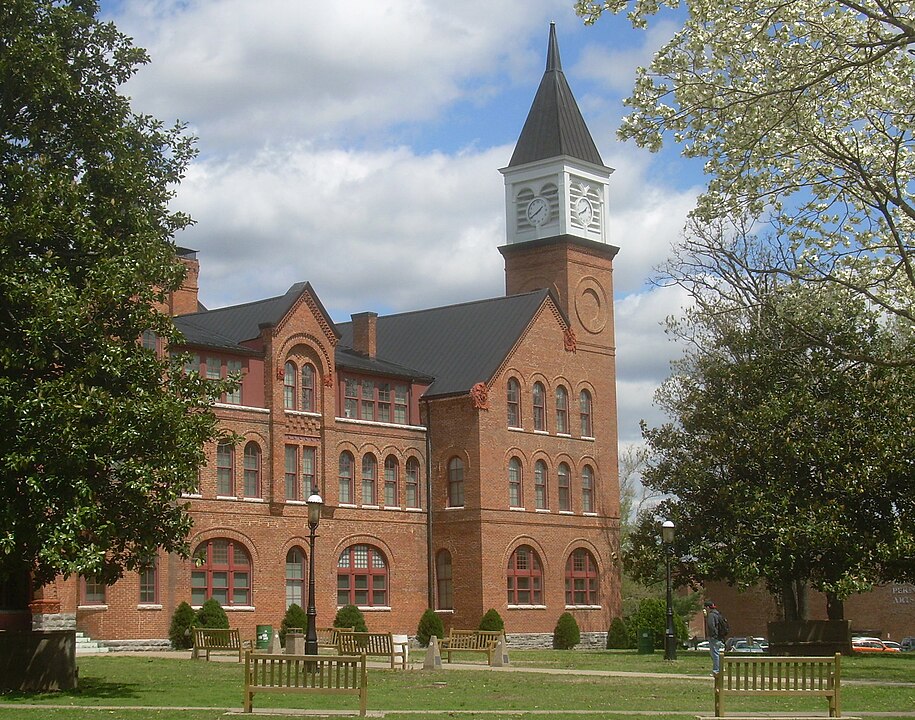
- Details
- By Native News Online Staff
Northeastern State University plans to host the 51st Annual Symposium on the American Indian on April 15-20 in Tahlequah, Oklahoma. The American Indian Heritage Committee is currently soliciting proposals for the event.
“The American Indian Heritage Committee will conduct a blind review of the proposals to finalize the Symposium agenda,” Interim Director for the Center for Tribal Studies, Melody Proctor said in a press release.
Centered on the theme, “Indigenous Scholars Speak on Sovereignty: 100 Years after the Indian Citizenship Act,” the symposium will include keynote presentations by Indigenous scholars on topics that include history, law, and literature to help broaden the perspectives to which these topics are relevant to Tribal communities.
Keynote speakers include Dr. Kasey Keeler (Tuolumne Band Me-Wuk Tribal citizen) and Robert Miller, J.D. (Eastern Shawnee), whose presentations will examine the complex nature of race and citizenship in early land-based policies across the United States and will highlight the impact of the Indian Citizenship Act of 1924, declared all non-citizen Indians born within the territorial limits of the United States to be citizens.
 Make A Donation Here
Make A Donation Here
Tribal Sovereignty is gaining attention in higher education and the media. Institutions are adopting land acknowledgments, revising curriculum, and forming partnerships with Tribes.
Evolving from a one-day event to bring Native American scholars together, the symposium has become a premier celebration of Native American culture attracting individuals globally. The primary goal is to broaden the audience's perspective on topics that are important to Tribal communities.
“With the suggested presentation topics, we can host an event that allows Indigenous scholars to share their work on various topics with students, faculty, staff and community members without the financial barrier,” Proctor said.
Individuals can submit their proposals here. Priority will be given to submissions received by January 22, 2024. Contact the Center for Tribal Studies at 918-444-4350 or [email protected] for more information.
More Stories Like This
Native News Weekly (August 25, 2024): D.C. BriefsUS Presidents in Their Own Words Concerning American Indians
Native News Weekly (January 18, 2026): D.C. Briefs
Federal Judge Orders ICE to Halt Use of Pepper Spray, Arrests of Peaceful Protesters in Twin Cities
Tunica-Biloxi Cultural Leader John D. Barbry Walks On
Help us defend tribal sovereignty.
At Native News Online, our mission is rooted in telling the stories that strengthen sovereignty and uplift Indigenous voices — not just at year’s end, but every single day.
Because of your generosity last year, we were able to keep our reporters on the ground in tribal communities, at national gatherings and in the halls of Congress — covering the issues that matter most to Indian Country: sovereignty, culture, education, health and economic opportunity.
That support sustained us through a tough year in 2025. Now, as we look to the year ahead, we need your help right now to ensure warrior journalism remains strong — reporting that defends tribal sovereignty, amplifies Native truth, and holds power accountable.
 The stakes couldn't be higher. Your support keeps Native voices heard, Native stories told and Native sovereignty defended.
The stakes couldn't be higher. Your support keeps Native voices heard, Native stories told and Native sovereignty defended.
Stand with Warrior Journalism today.
Levi Rickert (Potawatomi), Editor & Publisher

